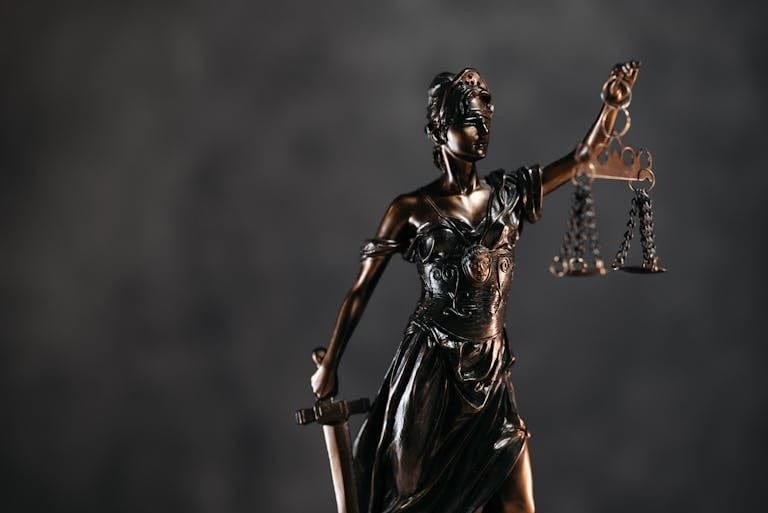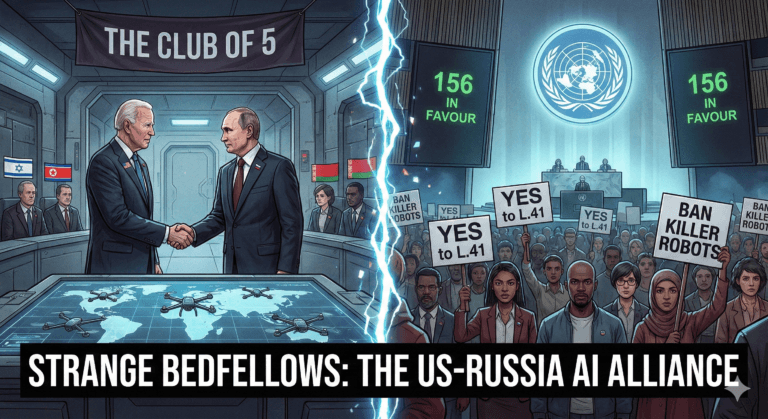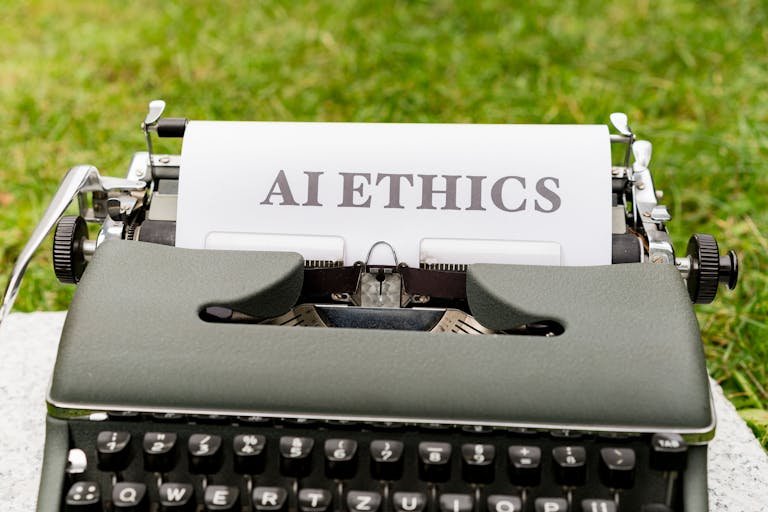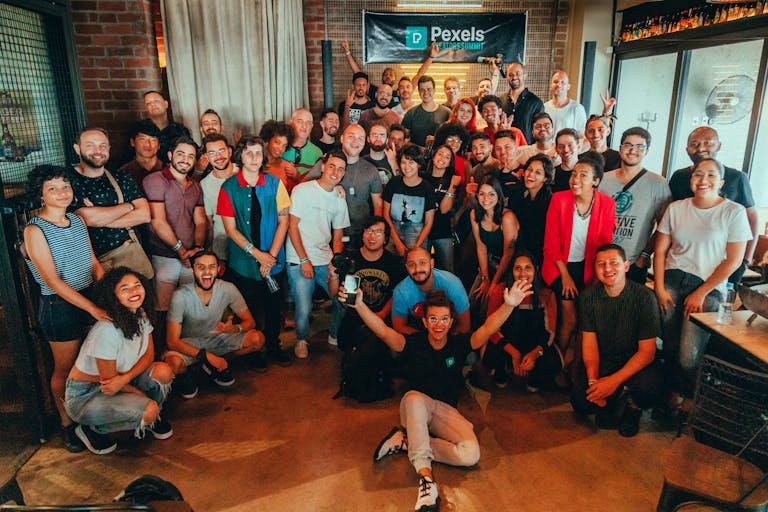The New Cold War: How AI is Reshaping Global Power Dynamics
In an era where bits and bytes wield as much influence as bombs and bullets, artificial intelligence (AI) has emerged as the new frontier in global power struggles. As nations vie for supremacy in this cutting-edge field, we’re witnessing the dawn of a new cold war—one that could redefine international relations for decades to come.
⚔️The AI Arms Race
The echoes of the 20th century’s nuclear arms race reverberate in today’s global competition for AI dominance. Just as the ability to split the atom once determined a nation’s place in the international hierarchy, the capacity to harness AI now serves as a benchmark for global influence.
The United States and China stand at the forefront of this technological arms race, each pouring billions into research and development. However, it’s not just about raw investment. The race for AI supremacy is also a contest of values, governance models, and visions for the future of humanity.
🗽The American Model: Innovation through Open Markets
The US approach to AI development largely relies on its robust private sector. Silicon Valley giants like Google, Microsoft, and OpenAI lead the charge, benefiting from a culture of innovation and risk-taking. This model has produced ground-breaking technologies, from large language models to advanced robotics.
However, the American approach is not without its critics. Concerns about privacy, job displacement, and the concentration of power in the hands of tech corporations have sparked debates about regulation and ethical AI development. While the US prioritizes market-driven innovation, it risks exacerbating inequalities and concentrating too much power within a few corporations.
🏯The Chinese Approach: State-Driven Progress
In contrast, China’s AI strategy is characterised by strong state involvement and central planning. The Chinese government’s ambitious plans, such as the “New Generation Artificial Intelligence Development Plan”, aim to make China the world leader in AI by 2030.
This top-down approach allows for rapid deployment of resources and alignment with national strategic goals. However, it also raises concerns about surveillance, censorship, and the potential misuse of AI technologies for social control. In China, AI is not just a tool for economic progress but a vital component of the state’s broader agenda for maintaining social stability and geopolitical power.
🪆Russia’s Quiet, Calculated Approach
While the US and China dominate headlines, Russia has quietly positioned itself as another key player in the AI arms race. With a legacy of scientific excellence dating back to the Soviet era, Russia has focused on applying AI to military and cyber capabilities. President Vladimir Putin famously remarked that the nation that leads in AI “will be the ruler of the world.”
Russia’s strengths lie in its application of AI for military technologies, particularly in autonomous weapons, cyber warfare, and disinformation campaigns. While Russia lacks the vast financial resources of the US or China, it leverages its expertise in asymmetric warfare, focusing on AI for tactical military advantage and geopolitical influence.
Moscow’s development of AI-enabled cyber warfare capabilities has the potential to disrupt global infrastructure and even democratic processes. Though Russia may not seek to outspend its rivals, its approach reflects a calculated, strategic use of AI in areas that could shift the balance of power in unexpected ways.
🌍The Global Implications
The AI race between these superpowers has far-reaching consequences for the international order. Smaller nations find themselves caught in the crossfire, forced to choose sides or risk being left behind in the AI revolution. Even in the European Union, where nations prioritize ethical AI governance, a distinct “third way” has emerged, seeking to balance technological innovation with human rights and ethical considerations.
Through the lens of neorealism, we can understand this competition as a manifestation of the anarchic international system, where states seek to maximise their power and security. AI, in this context, becomes a critical component of national power, alongside traditional military and economic might.
🤝Shifting Alliances and New Fault Lines
As AI capabilities become increasingly crucial for economic competitiveness and national security, we’re seeing the emergence of new alliances and fault lines. The recent formation of the Global Partnership on Artificial Intelligence (GPAI) by democratic nations signals an attempt to create a united front in shaping AI governance.
Conversely, nations with authoritarian leanings may find China’s model of AI development more aligned with their own governance structures, potentially leading to a new form of digital authoritarianism. Russia’s close alignment with China on key strategic issues, including AI and cybersecurity, signals a growing divide between democratic and authoritarian visions of the future digital world.
⚖️The Ethical Dimension
Perhaps the most critical aspect of this new cold war is the battle over AI ethics and governance. The nation or bloc that sets the global standards for AI development and deployment will have an outsized influence on the future of technology and, by extension, human society.
The European Union’s efforts to establish comprehensive AI regulations through the proposed AI Act represent a third way, prioritising ethical considerations and human rights. This approach could potentially bridge the gap between the US and Chinese models, offering a template for responsible AI development that protects privacy, promotes fairness, and mitigates risks.
⏩The Path Forward
As we navigate this new technological landscape, it’s crucial to recognise that the AI race is not just about technological superiority—it’s about shaping the very future of our global society. The choices we make today will determine whether AI becomes a force for unprecedented progress or a tool for division and conflict.
International cooperation will be key to ensuring that AI benefits humanity as a whole. Initiatives like the UN’s AI for Good programme offer hope for a more collaborative approach to AI development, one that transcends national interests and focuses on addressing global challenges.
As citizens of an increasingly interconnected world, we must demand transparency, accountability, and ethical considerations in AI development from both governments and corporations. Only then can we hope to harness the full potential of AI while mitigating its risks.
The new cold war may be fought with algorithms and data, but its outcome will be decidedly human. As we stand at this crossroads of history, the choices we make will echo through generations to come.
Want to learn more about AI?
- Check out my article on AI Ethics or Algorithmic Bias to get started.
- Or check out my article on Implications of AI in Warfare and Defence.
References
- Lee, K. (2018). AI Superpowers: China, Silicon Valley, and the New World Order. Houghton Mifflin Harcourt.
- European Commission. (2021). Proposal for a Regulation laying down harmonised rules on artificial intelligence. Official Journal of the European Union.
- Horowitz, M. C., Allen, G. C., Kania, E. B., & Scharre, P. (2018). Strategic Competition in an Era of Artificial Intelligence. Center for a New American Security.
- United Nations. (2023). AI for Good: Global Summit. https://aiforgood.itu.int/
- Waltz, K. N. (2010). Theory of International Politics. Waveland Press.
Avi is a researcher educated at the University of Cambridge, specialising in the intersection of AI Ethics and International Law. Recognised by the United Nations for his work on autonomous systems, he translates technical complexity into actionable global policy. His research provides a strategic bridge between machine learning architecture and international governance.







